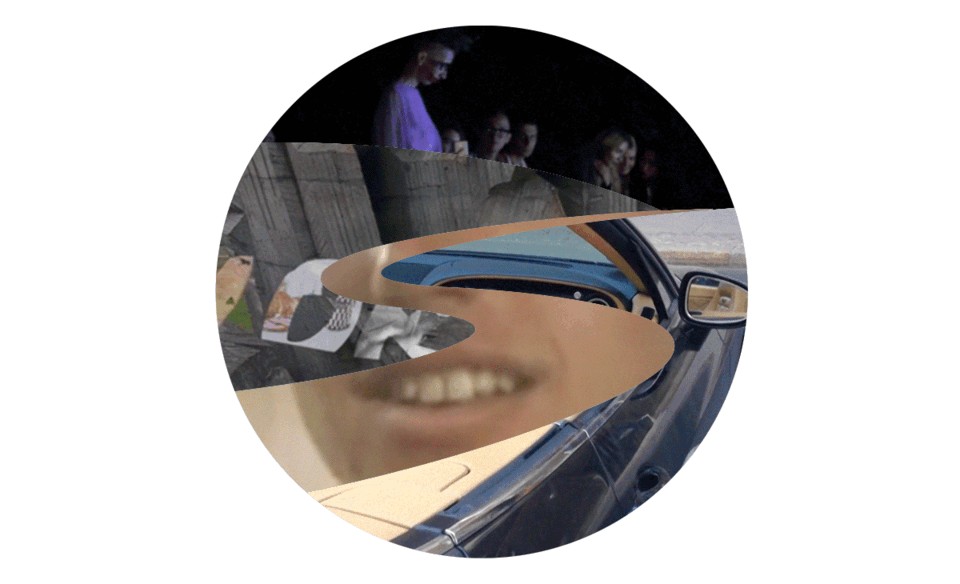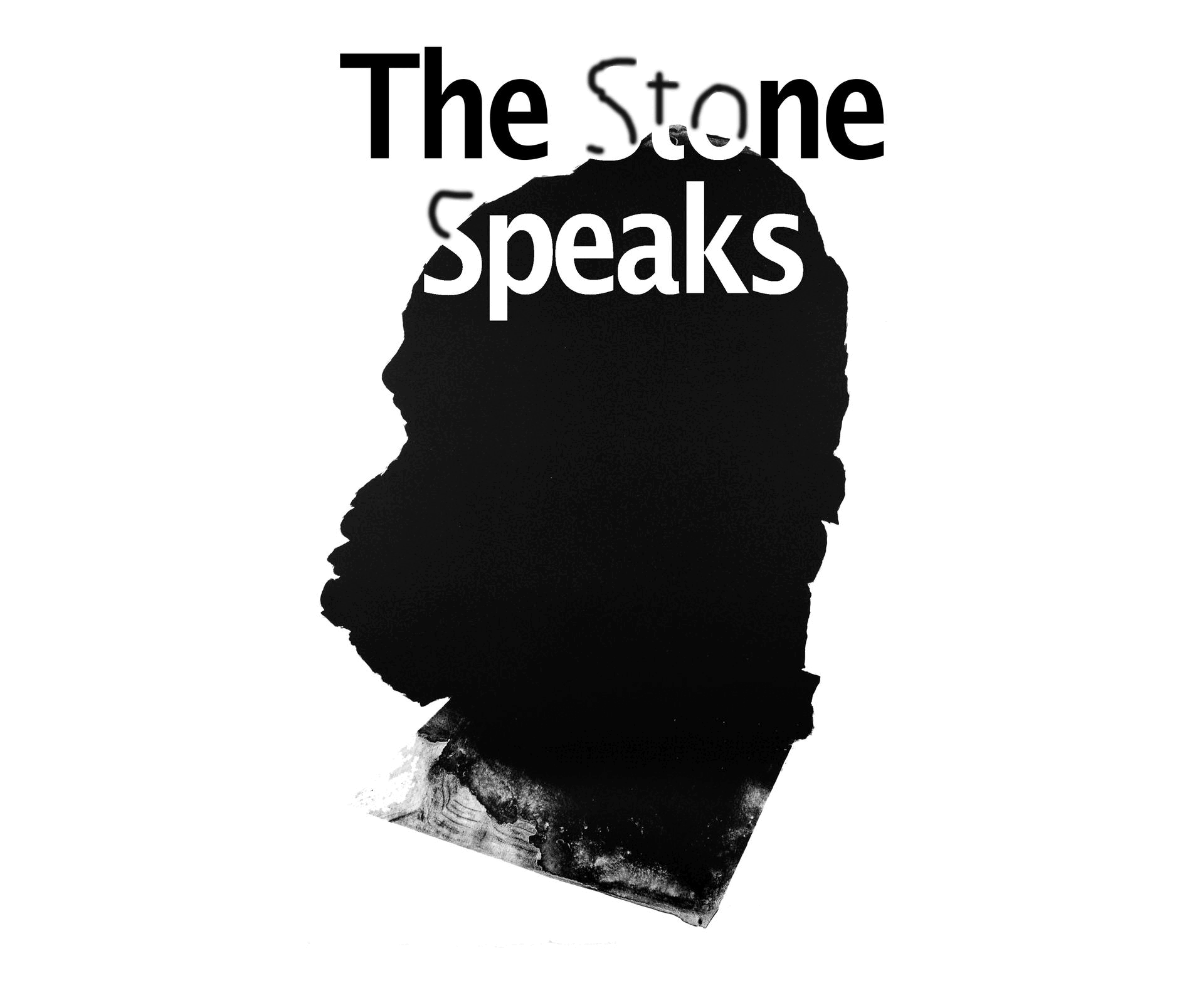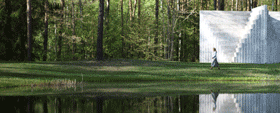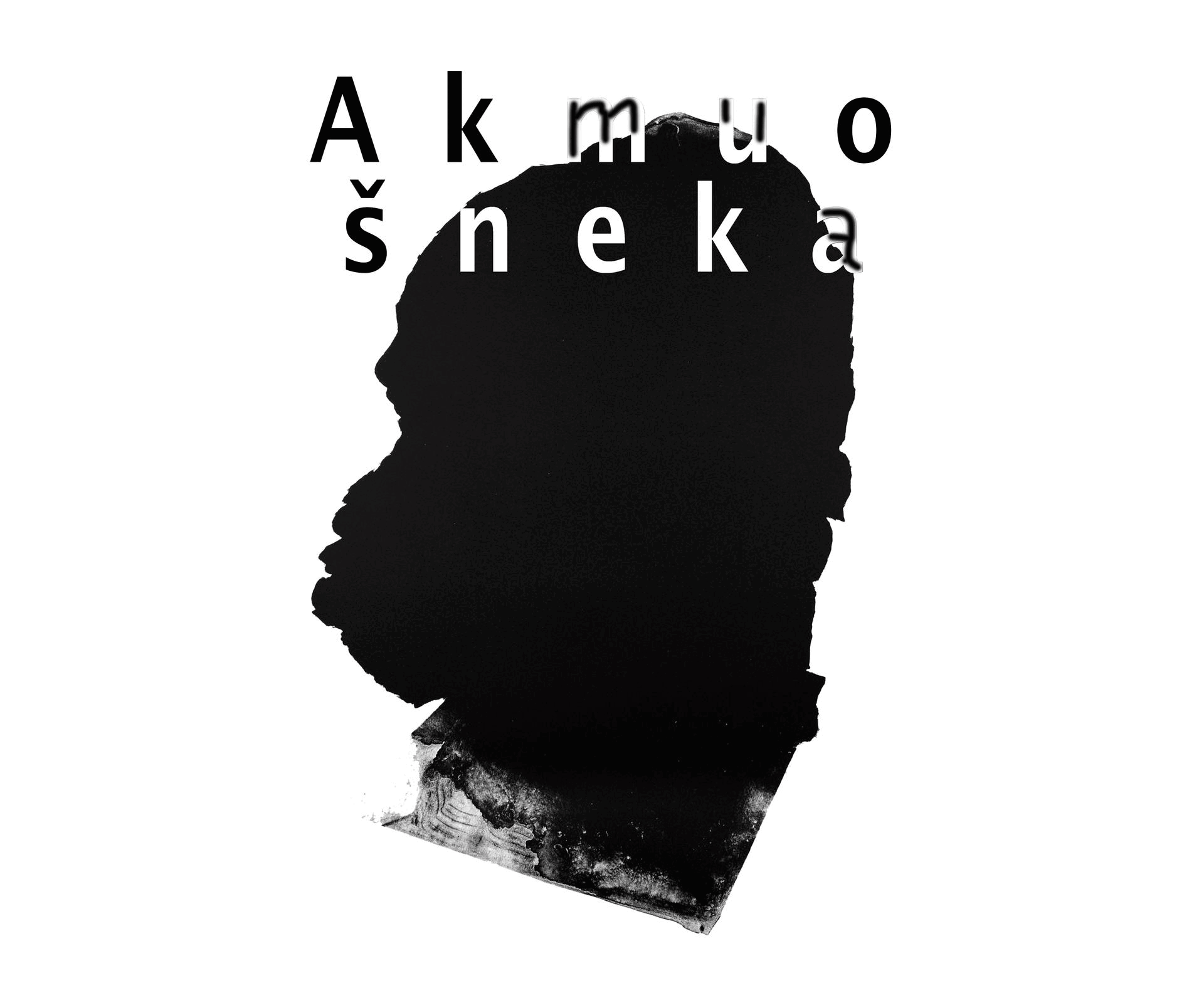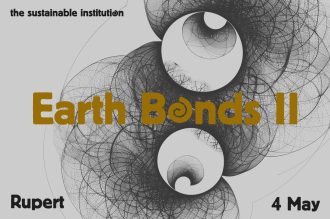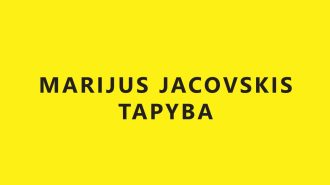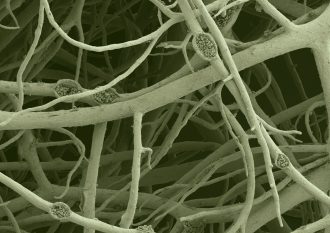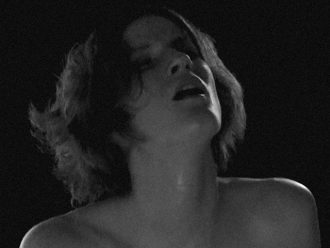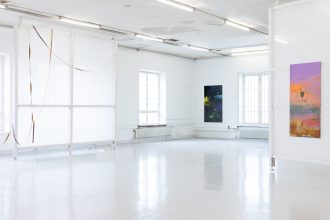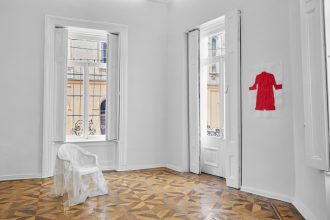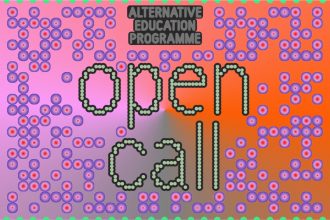The project Digitising Contemporary Art (DCA) is contributing significantly to the presentation of contemporary art available on Europeana, the single access point to Europe’s digital cultural heritage. In addition to the artworks and contextual documents, the project delivers practical guidelines on best practices in the field of digitisation and preservation of contemporary art.
Latvia is represented in the project by the Latvian Centre for Contemporary Art (LCCA), that is digitising 3900 items and organizes the dissemination of project results.
The project has successfully reached its halfway mark and we are pleased to announce that the results exceed all expectations. Around 30% more items than anticipated have been digitised (12,834 items, including artworks of, for instance, Barry Flanagan, Stephan von Huene, Atelier Van Lieshout, Claes Oldenburg). 12,508 of these digitised items have been recorded in the partners’ collection management system with the appropriate metadata. This is three times more than expected for the period. So far, 2,632 items have already been placed online on the respective content partners’ websites. The aggregation of digitised content and metadata to Europeana is planned from November 2012 onwards.
In the framework of the project LCCA is collaborating with the National Library of Latvia that is acting as a consultant and delivers the image and video files to Europeana, while also enriching their digital library. The LCCA has planned to digitise more than 1000 photographs, around 1200 paintings, prints and drawings, 120 video artworks, 850 slides, 160 posters and around 500 catalogues and contextual documents from the LCCA’s archive and data base. Among the authors of digitised artworks there are both young artists and icons of Latvian culture, such as Māris Ārgalis, Boriss Bērziņš, Hardijs Lediņš, Jānis Pauļuks and others. The online access to the LCCA collection and possibility to view high quality digital reproductions will both enhance the visibility of Latvian contemporary art and provide research materials for art historians, curators, museum specialists, users from educational field, publishers and art critics, artists, designers, philosophers, tour guides and simply art lovers.
During the first period lasting six months, (January-June 2011) the project consortium carried out an extensive assessment of the status of the collections and the very different situations of each content partner. This allowed for the establishment of a digitisation framework for the whole project, based on best practices, expert knowledge and technical support. Subsequently each content provider created an individual digitisation plan, detailing the targeted quality and schedule of identified content segments along the trajectory of the digitisation workflow. Only after the planning phase did the actual digitisation start (July 2011) and it has since been a work-in-progress.
Parallel to the digitisation process, workshops were held to offer in-depth introductions to metadata schemes, file format and codec standards, XML exports, vocabularies, long-term preservation tools and strategies, aggregation procedures and copyright issues. Guidelines based on the experience and assessment of the best and successful practices in terms of digitisation and preservation strategies are published to the benefit of other professionals in the field. Interviews with the staff of museums and other art institutions involved in the DCA project give a concrete insight on the issues faced in the process of creating digital collections. Deliverables, project-related documents, interview transcripts and other information can be found on the DCA website.
Have a glimpse of few art works enclosed in the archive:

Tamás Waliczky, Landscape, 1998, Awarded Distinction at Prix Ars Electronica 1998 in the category Computer Animation/Visual Effects, the archive of Ars Electronica Linz GmbH, Austria.

Stephan von Huene, Untitled, from the series Mind Maps, pencil on paper, 1987, collection of Dr. Petra Kipphof von Huene, digitised at the Staatliche Hochschule für Gestaltung Karlsruhe, Germany.
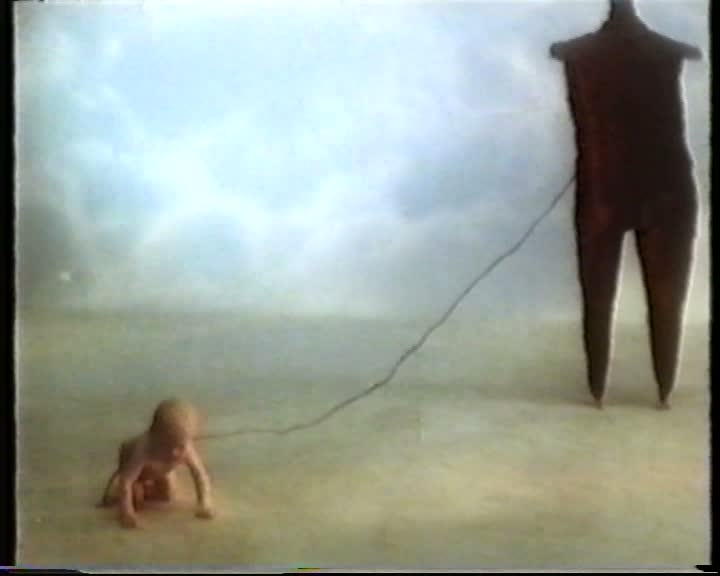
Inese Mailīte, Ivars Mailītis, People as banners, image from video artwork, 1990.
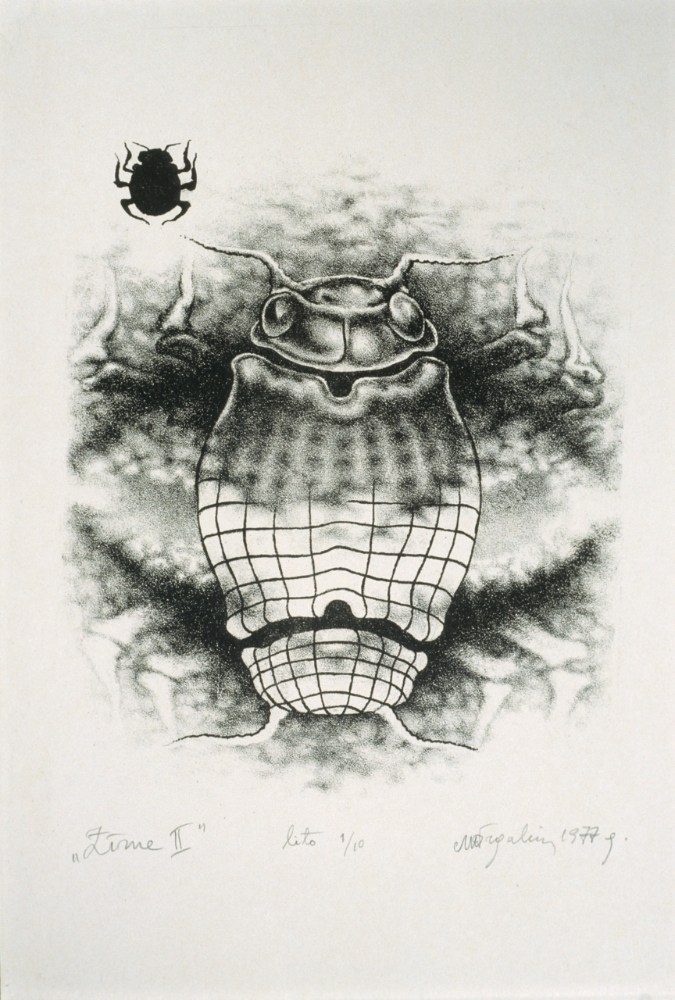
Māris Ārgalis, Sign II (From the series Playing Cards with Insects), lithography, 24x17cm, 1977.

Pat Andrea, Returning from Greece, oil on canvas, 1965, 108x150cm (c) Frissiras Museum, Athens, Greece.
Some general information about the DCA project:
The DCA project intends to enhance the online visibility of contemporary art as an essential expression and an invaluable building block of European culture, and to stimulate the interest of the general public with a stronger presence of contemporary art in the Europeana portal. By July 2013, 21 museums and art institutions will have digitised approximately 27,000 contemporary artworks and 2,000 contextual documents, making them available through the Europeana portal.
The expected immediate result of the project is the digital reproduction of the artworks and contextual documents, and the ingestion of their metadata and thumbnails to the Europeana portal. DCA will thus add a kind of cultural heritage currently still largely missing from Europeana. The digitised content will also be available through content partners’ websites. The project will reinforce contemporary art institutions’ growing interest in the online presentation of their collections, thus adding an important part of information currently lacking in this European culture database.
The medium and long-term impact expected is manifold. DCA will not only improve digital access to collections, but will also support the collecting institutions in their preservation policies. The availability of high-quality digital reproductions will help to avoid possible wear and tear, damage and loss every time an artwork itself (especially vulnerable ones such as drawings and other works on paper) needs to be consulted.
Coordinator:
DCA is coordinated by PACKED vzw, a Brussels-based organisation that, since its foundation in 2005, has grown from a platform organisation for the archiving and preservation of audio-visual arts into a centre of expertise for digital cultural heritage. The organisation was or is involved in other Europeana related projects (such as ATHENA and Linked Heritage) and is financially supported by the Ministry of The Flemish Community of Belgium. More info at Packed.
Technical partners:
NTUA – National Technical University of Athens (Athens, Greece), Multimedia Lab from iMinds – Ghent University (Ghent, Belgium), Ubitech – Ubiquitous Intelligent Technical Solutions (Athens, Greece),
Participating museums and art institutions:
Ars Electronica (Austria), argos – centre for art and media, MAC’s – Museum of Contemporary Art of the French Community of Belgium, Mu.ZEE – Collection of the province of West Flanders and the City of Ostend, Royal Museums of Fine Arts of Belgium (Belgium), MMSU – Museum of Modern and Contemporary Art Rijeka (Croatia), EMAF – European Media Art Festival, HfG – Staatliche Hochschule für Gestaltung Karlsruhe, Transmediale (Germany), Frissiras Museum, MMCA – Macedonian Museum of Contemporary Art, National Gallery-Alexandros Soutzos Museum (Greece), National Gallery of Iceland, RAM – Reykjavík Art Museum (Iceland), Latvian Centre for Contemporary Art (Latvia), Museum Boijmans Van Beuningen, NIMk – Netherlands Institute for Media Art (The Netherlands), WRO Art Center (Poland), Serralves (Portugal), MG – Moderna Galerija (Slovenia), Fundació Antoni Tàpies (Spain).
Interviews with project partners:
Interview with Nynke van der Wal (Museum Boijmans Van Beuningen , The Netherlands)
Interview with Pierre-Yves Desaive (Royal Museums of Fine Arts of Belgium)
Interview with Sofie Ruysseveldt (Argos – centre for art and media,Belgium) and Björn Scherlippens (Mu.ZEE, Belgium)

